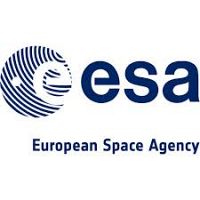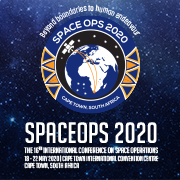›4th Sentinel-2 Validation Team Meeting
The European Space Agency (ESA) is pleased to invite you to the fourth edition of the Copernicus Sentinel-2 Validation Team (S2VT) Meeting.
The S2VT meeting is a forum for the Copernicus Sentinel-2 scientific and user community to present and share results of on-going activities related to validation of Sentinel-2A and Sentinel-2B products and to foster cooperation and synergies among Cal/Val teams.
The S2VT meeting focuses on providing independent validation evidence, experimental results to support the Copernicus Sentinel-2 mission. The S2VT meeting provides lectures by international audience of scientists from both industrial and academic institutions working with Copernicus Sentinel-2 and other relevant EO missions emphasizing integrative and multi-disciplinary approaches. Talks and posters will be presented by a Cal/Val community who are highly familiar with validation campaigns and methods. The recommendations will be used to contribute to the quality assessment of the mission core products while exploiting Copernicus Sentinel-2 data and to give support to the Cal/Val activities.
The 4th S2VT meeting will be hosted in Darmstadt (Germany) at ESA-ESOC (European Space Operation Centre) premises from 3rd to 5th of March 2020.
During the first two days of the 4th S2VT meeting, the participants will have the opportunity to enjoy a guided tour of the ESA-ESOC facilities, including the Main Control Room.
The Sentinel-2 Earth Observation satellite constellation is developed as part of the Copernicus Programme.
Track this event on your Apple calendar














 Germany
Germany